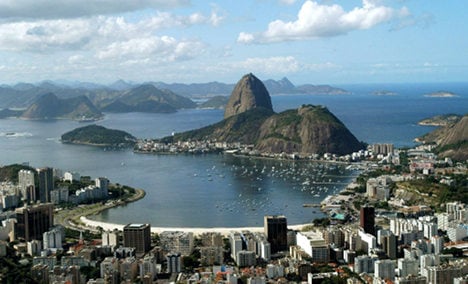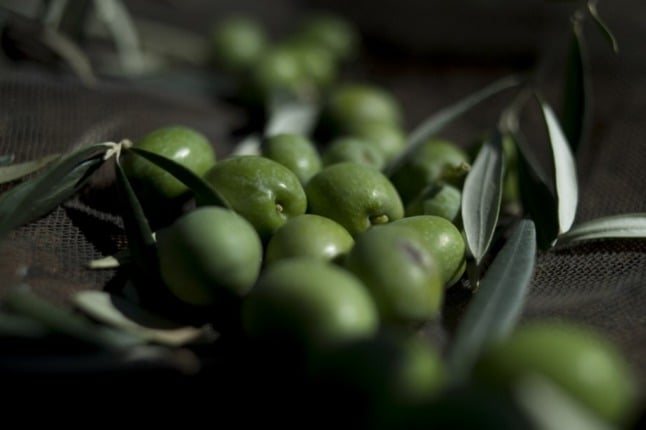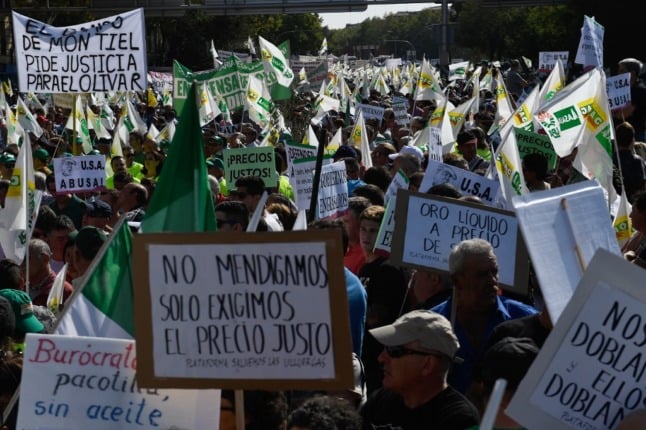A trip to an over-budget, delayed new steel factory in Brazil included a separate flight to Rio de Janeiro especially to see the Sugarloaf Mountain, financial daily paper Der Handelsblatt reported after seeing internal ThyssenKrupp documents.
The company also invited supervisory board vice chairman Bertin Eichler to the Formula One racing in Shanghai, where ThyssenKrupp splashed out on a private box for its guests.
Eichler has, according to the paper, had at least five first class flights paid for by ThyssenKrupp but accepting them was, he said, a mistake. The company had a policy of sending members of the supervisory board first class on overseas flights.
“Looking at it now, it would be sensible to review this policy and set out strict criteria,” Eichler told the paper.
ThyssenKrupp shareholders announced that they would not be letting the board of directors get off lightly in the upcoming general meeting.
They could well come under fire not only for expensive travel budgets but also the poor management of overseas factories.
The revelations are reminiscent of German carmaker Volkswagen’s pampering of works council members a few years ago. That scandal, however, included paying for visits to prostitutes.
The Local/jcw




 Please whitelist us to continue reading.
Please whitelist us to continue reading.
Member comments